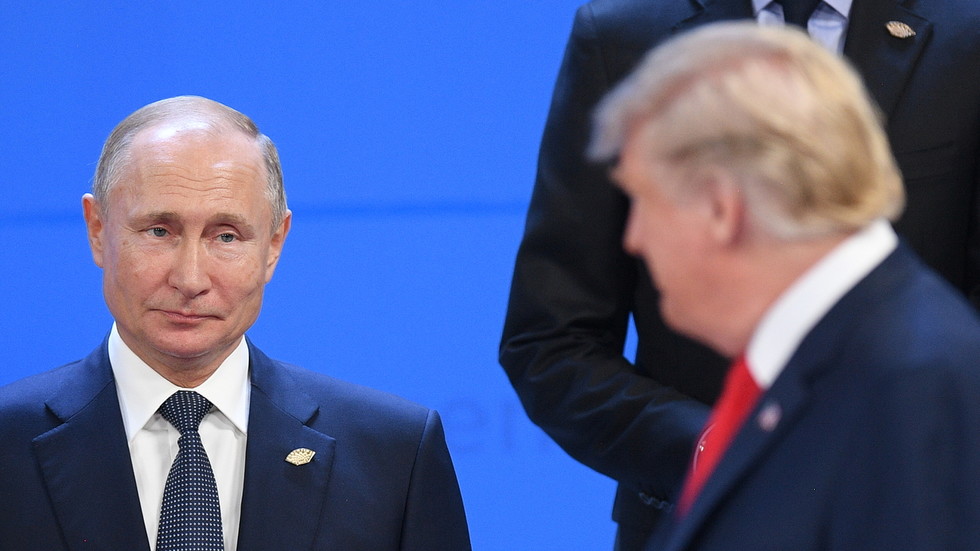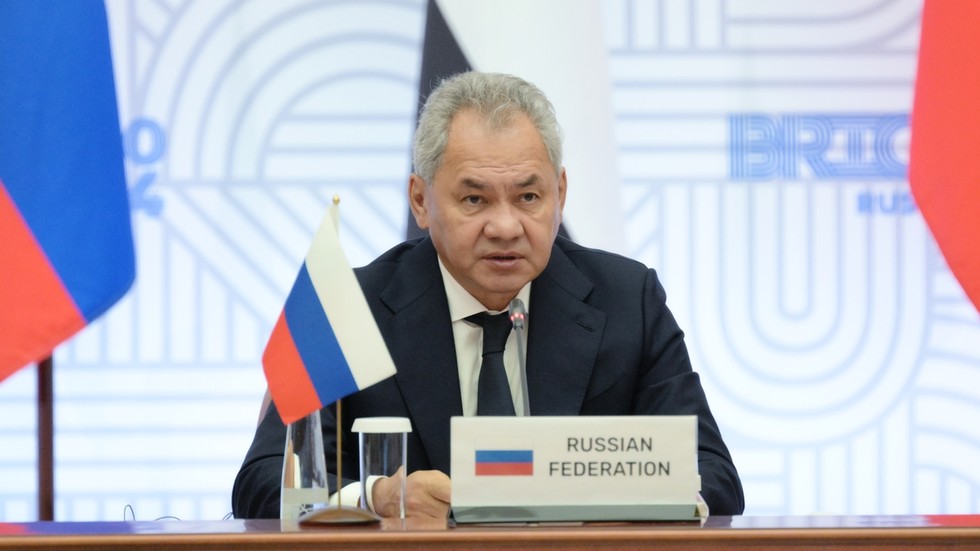Hajj is the annual Islamic pilgrimage to Mecca in Saudi Arabia that is required once in a lifetime of every Muslim who can afford it and is physically able to make it.
Millions of Muslims from around the world converged at Islam's holiest site on Friday to officially start the Hajj pilgrimage. Saudi authorities expected the number of visitors to exceed 2 million this year as temperatures in Mecca are likely to reach 44 degrees Celsius over the weekend.
This year's Hajj took place amidst the ongoing conflict in the Gaza Strip between Israel and Palestinian militants.
Due to the closure of the Rafah crossing in May, Palestinians from Gaza were unable to travel to Mecca for Hajj this year.
Palestinian authorities said 4,200 pilgrims from the occupied West Bank arrived in Mecca for Hajj. Saudi authorities said 1,000 more from the families of Palestinians killed or wounded in the war in Gaza also arrived to perform Hajj at the invitation of King Salman of Saudi Arabia. The 1,000 invitees were already outside Gaza — mostly in Egypt — before closure of the Rafah crossing.
“We are deprived of (performing) Hajj because the crossing is closed, and because of the raging wars and destruction,” said Amna Abu Mutlaq, a 75-year-old Palestinian woman from Gaza’s southern city of Khan Younis who had planned to perform Hajj this year. “They (Israel) deprived us from everything.”
This year’s Hajj also saw Syrian pilgrims travelling to Mecca on direct flights from Damascus for the first time in more than a decade. The move was part of an ongoing thaw in relations between Saudi Arabia and conflict-stricken Syria. Syrians in rebel-held areas used to cross the border into neighbouring Turkey in their exhausting trip to Mecca for Hajj.
“This is the natural thing: Pilgrims go to Hajj directly from their home countries,” said Abdel-Aziz al-Ashqar, a Syrian coordinator of the group of pilgrims who left Damascus this year for Hajj.
A moving spiritual experience
The pilgrimage is one of the Five Pillars of Islam, and all Muslims are required to make the five-day Hajj at least once in their lives if they are physically and financially able to do it.
It is a moving spiritual experience for pilgrims who believe it absolves sins and brings them closer to God, while uniting the world’s more than 2 billion Muslims. It’s also a chance to pray for peace in many conflict-stricken Arab and Muslim countries, including Yemen and Sudan, where more than a year of war between rival generals created the world’s largest displacement crisis.
For many Muslims, the Hajj is the only major journey that they made in their life. Some spend years saving up money and waiting for a permit to embark on the journey in their 50s and 60s after they raised their children.
The rituals during the Hajj largely commemorate the Quran’s accounts of Prophet Ibrahim, his son Prophet Ismail and Ismail’s mother Hajar — or Abraham and Ismael as they are named in the Bible.

 4 months ago
24
4 months ago
24








